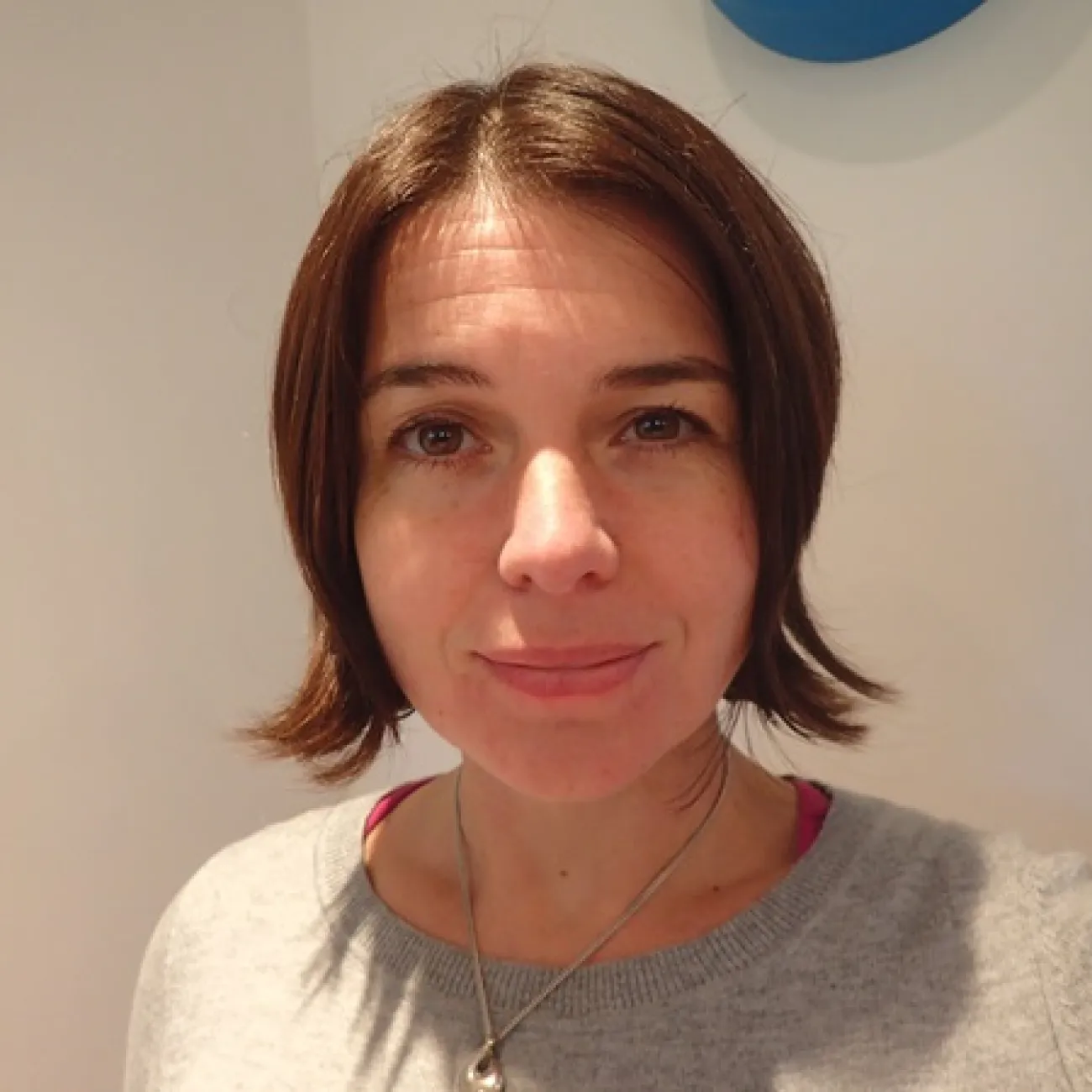About
Dr Roz Coggon is Royal Society University Research Fellow. Her research focuses on the role of fluids in the formation and evolution of the ocean crust, with a particular emphasis on quantifying the thermally driven chemical exchanges between the aging ocean crust and the overlying oceans and their influence on global geochemical cycles.
Ocean crust is produced along the submarine volcanic mid-ocean ridges repaving two-thirds of Earth's surface every 200 million years. However, it remains relatively unexplored, accessible only using submersibles or scientific ocean drilling. Such exploration revealed that seawater circulates through cracks in the cooling ocean crust, reacts with the rocks, transporting heat and chemicals to the oceans. At the ridges this occurs through spectacular hydrothermal hot springs but quantitatively more important reactions occur during lower-temperature fluid flow on the vast ridge flanks. Roz pioneered a method for reconstructing past ocean chemistry – itself an integrator of a range of Earth processes – from the fluid chemistry recorded by low-temperature hydrothermal minerals.
Roz is heavily involved in scientific ocean drilling, serving as co-lead editor of the 2050 Science Framework: Exploring Earth by Scientific Ocean Drilling that will guide scientists on the important research frontiers that scientific ocean drilling should pursue over the next three decades. The framework focuses on the many ways in which scientific ocean drilling will increase our understanding of the fundamental connections among Earth system components while addressing a range of natural and human-caused environmental challenges facing society.
Roz is also leading an International Ocean Discovery Program project (IODP Expeditions 390 & 393) that will drill an age transect (<61 Ma) of holes across the western flank of the Southern Mid-Atlantic ridge. These expeditions will investigate the history of hydrothermal interactions between the cooling ocean crust and the overlying ocean, the presence, diversity and activities of microbial communities that live deep beneath the seafloor, and recover sediment records of climate change and ocean circulation patterns in the Atlantic Ocean.
You can update this in Pure (opens in a new tab). Select ‘Edit profile’. Under the heading and then ‘Curriculum and research description’, select ‘Add profile information’. In the dropdown menu, select - ‘About’.
Write about yourself in the third person. Aim for 100 to 150 words covering the main points about who you are and what you currently do. Clear, simple language is best. You can include specialist or technical terms.
You’ll be able to add details about your research, publications, career and academic history to other sections of your staff profile.
